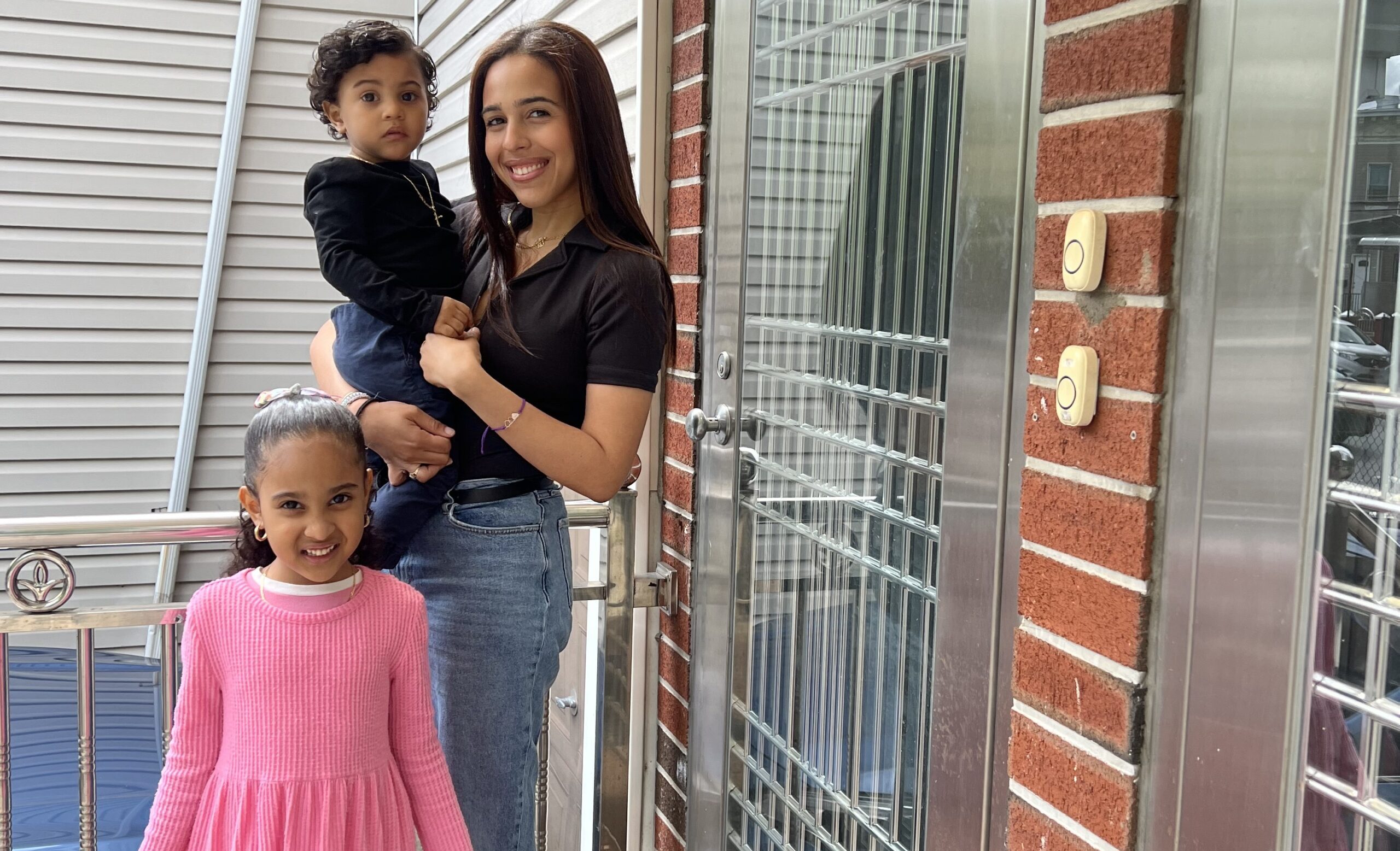
Julissa and her two children
At The Child Center of NY, we prioritize hiring people from the communities we serve, with a particular emphasis on hiring former clients. The benefits of this are twofold. First, hiring from the neighborhood is critical to fostering a cycle of opportunity. Second, community members and former clients understand clients’ obstacles and potential; in turn, clients trust them and feel their compassion. For example, 100% of Early Head Start caregivers reported that 100% of staff tried to learn about their family’s interests and concerns.
One of those staff members is Julissa Grullon, Early Head Start Assistant Director, whose daughter was a Child Center Head Start student for two years. Below, Julissa writes in her own words about her experience as a client and as a team member, and how the two are not separate entities, but rather two parts of a whole.
When I started the process of finding a preschool for my daughter, I applied to The Child Center’s Corona Head Start. It was literally across the street from my house. I thought it would be so convenient, and it seemed like a good program. I have a bachelor’s degree in psychology, took education courses, and worked as an assistant teacher at a preschool for many years, so I knew what to look for in a program. My daughter got accepted into the 3K class, and I was so excited.
The first step was meeting with Karina Herrera, the family worker at the time, for the intake process. The family of every child at a Child Center early childhood education program is assigned a family worker, who is trained to support families and recognize needs for services. Karina was warm and friendly, and I asked if there were any job openings available. I was pregnant with my son, and I told her I wasn’t looking for anything at the moment, but that if anything came up, to please let me know.
Two or three months passed, and I started bringing my daughter to school. I would see Karina in the hallway, and we would always say hello. A few more months passed by, I had just given birth to my son, and I asked her if any positions opened up. She said, “Oh, I think they are looking for a receptionist.” And I was like, oh, that’s great. Maybe I can do an interview. She said she would talk to the director and let me know. A couple of days later, Karina told me she spoke to the director, and that she would be calling me for an interview. I was excited!
I interviewed with Miss Lilly Rodriguez, the previous director. I told her I always wanted to be a teacher, so even though this is an admin position, maybe this is my perfect time to step back into education, and I could also work to get my master’s degree. To my surprise, she said, “I’m actually looking for a teacher. There’s a vacancy in one of the classrooms. Maybe this is perfect timing for you. You can start now while you work to finish your master’s.” She said we could test it out, and that I should come back and do a lesson with the kids. I did the lesson, and Lilly was like, you’re a natural, and I got the job.
My education, my previous teaching positions, and my experience as the parent of a child in the program all helped me in my role. As a parent, I saw firsthand how the program really encourages children’s holistic growth, including their mental health.
My daughter sometimes had a tough time emotionally. Ms. Meital, the mental health consultant, noticed that she had crying moments, and she asked me, “Hey, what do you think if I take her with some of the other children in the classroom and have some meeting time?” She takes four or five kids for 30 minutes and has a little meeting time to go over feelings. And I said that would be perfect.
That was really good for my daughter. They would draw pictures of feelings and read a book about them. She learned so much about her emotions and how to regulate them. It was a really good moment for her. And it also helped me as a teacher to recognize the importance of emotional health in my students’ education.
My daughter has made so many strides since then, and so have I. Even though I love teaching, I also wanted to try something different and earn a higher salary. I started looking for jobs but wasn’t finding anything. Then, funny enough, one of my best friends came here for an interview. I asked her what the position was, and she told me it was for assistant director of Early Head Start. I wished her good luck and told her, “I hope you get the job!” Later, when she told me she didn’t get the role, it was like a light bulb: Why don’t I apply for this position? At first, my supervisor was like, “I don’t want you to go! I don’t want to lose you in the classroom!” But I went for the interview with Aisha [Okoro, Senior Program Director of Early Head Start]. Everything went well, and I got the position.
As assistant director, I supervise the home visitors: make sure they are going to their home visits, make sure assessments are completed accurately and on time, and support them in any way that I can. I miss working directly with the kids at times, but I love supporting people in their roles and knowing I’m making a difference in so many lives: I’m helping the home visitors be the best they can be, and I’m helping families support their children.
Since I grew up here in Corona and my daughter was a student here, I know a lot about the program from different perspectives, and I can easily relate to the families and the home visitors and support them. Being a teacher and having that classroom experience has helped me in assessing the child. So this position has been a good fit for me.
Funny enough, I got this position at the same time my daughter started kindergarten. She is doing great! I really feel that her experience here prepared her well—academically, socially, and emotionally. I was scared she would cry, and I wouldn’t be there to support her. But she hasn’t cried! And she loves it.
It’s kind of like we both graduated. I’m excited for this new chapter in our lives.
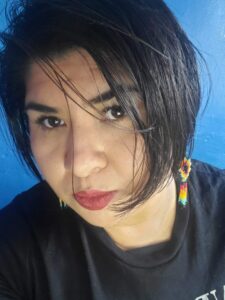 “I began my journey in June 2014 as a substitute teacher with the Head Start program in Corona, driven by a deep desire to make a difference in my community. My motivation to become an Early Head Start home visitor grew when a coworker shared the powerful impact an early childhood specialist can have. The opportunity to work closely with families in my own community was something I felt truly passionate about.
“I began my journey in June 2014 as a substitute teacher with the Head Start program in Corona, driven by a deep desire to make a difference in my community. My motivation to become an Early Head Start home visitor grew when a coworker shared the powerful impact an early childhood specialist can have. The opportunity to work closely with families in my own community was something I felt truly passionate about.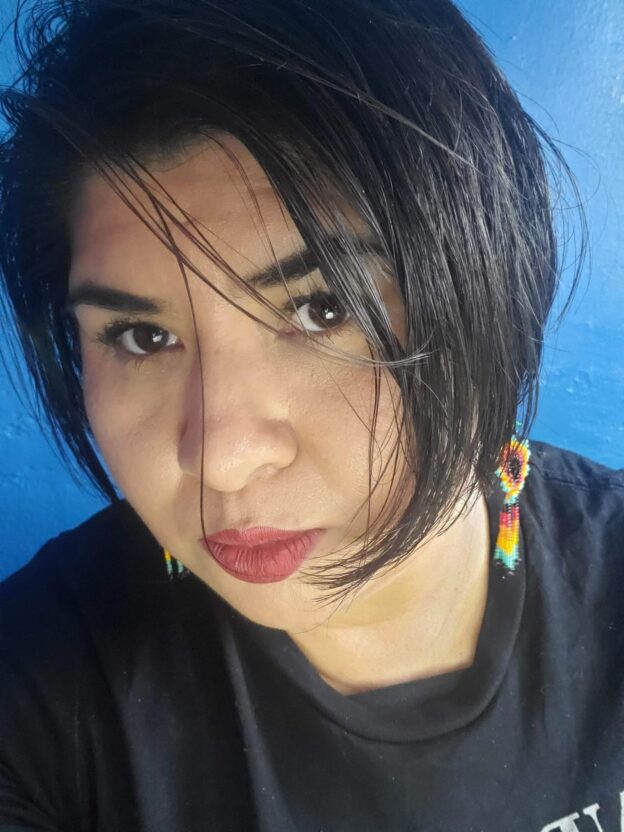
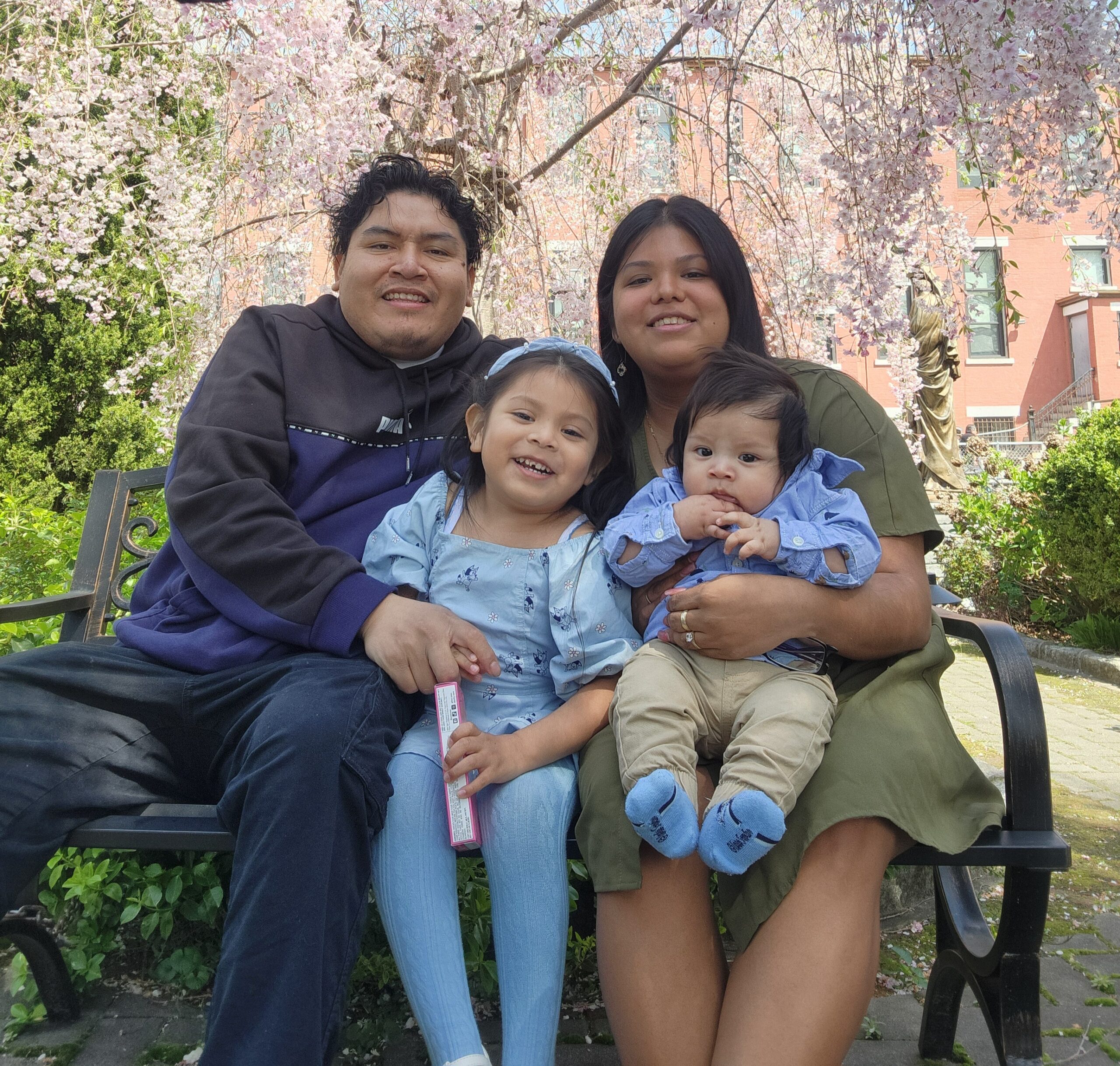 Wow! Where do I begin? I want to first say thank you for the opportunity to share my story. I am forever grateful for all that The Child Center of NY has done for my family and me. Before TCCNY, I had no idea the amount of impact an organization like this could have on a family.
Wow! Where do I begin? I want to first say thank you for the opportunity to share my story. I am forever grateful for all that The Child Center of NY has done for my family and me. Before TCCNY, I had no idea the amount of impact an organization like this could have on a family.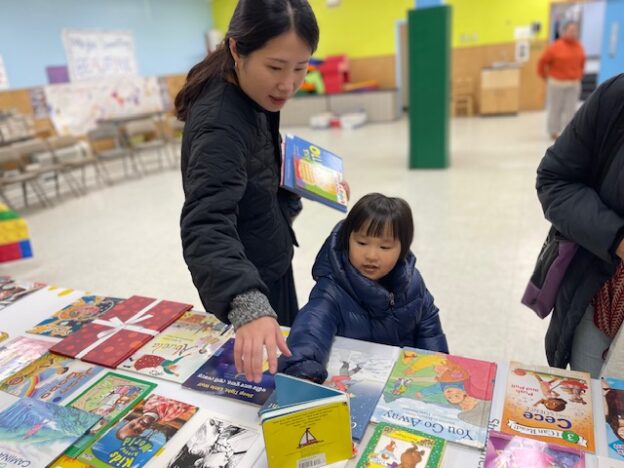
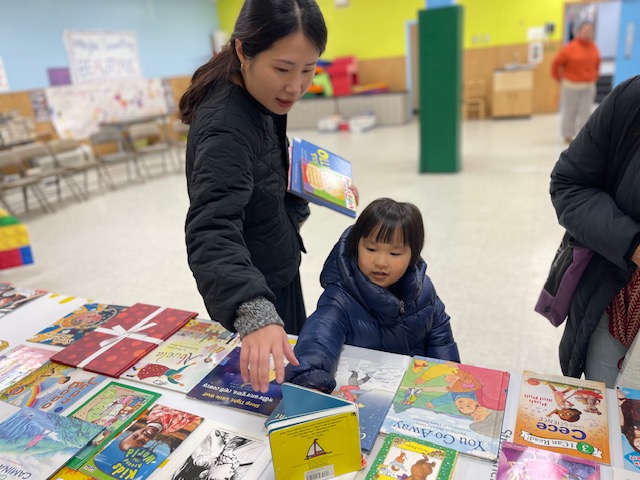
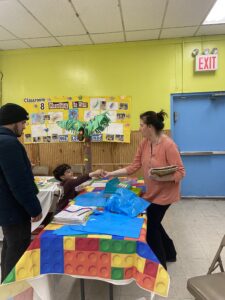
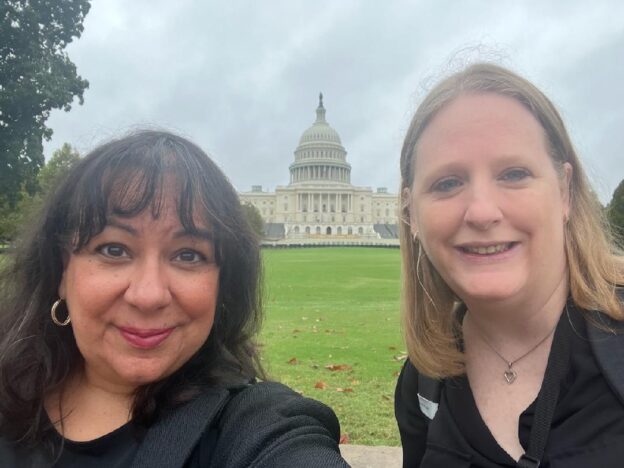
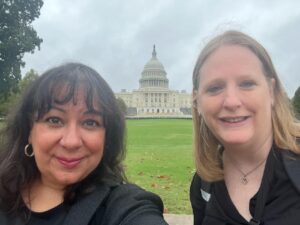
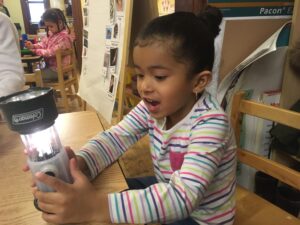
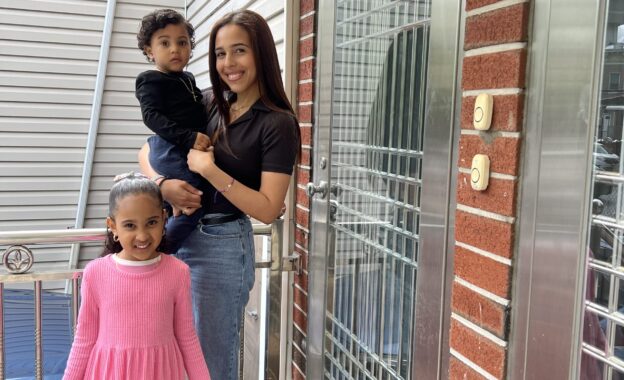


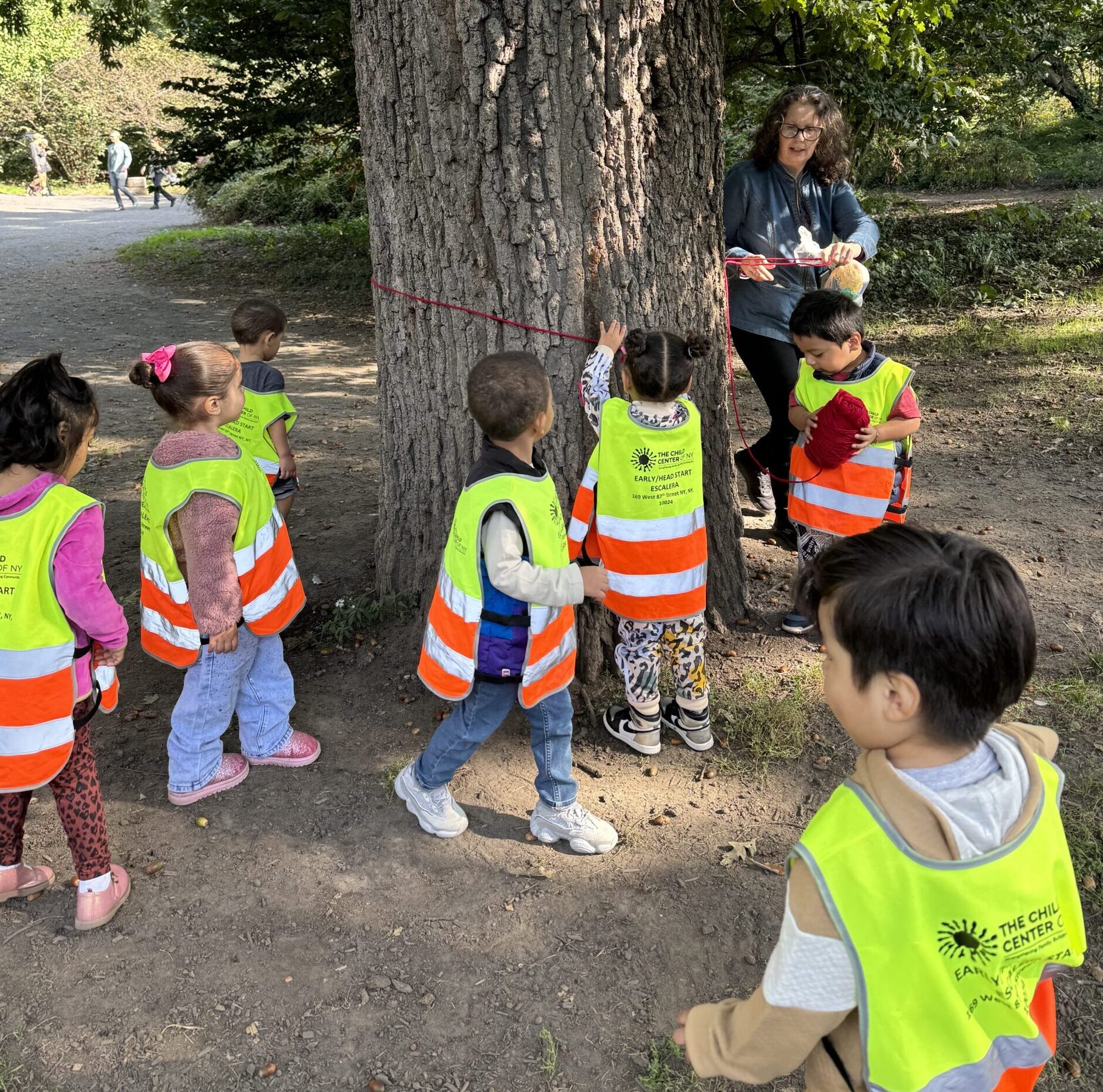
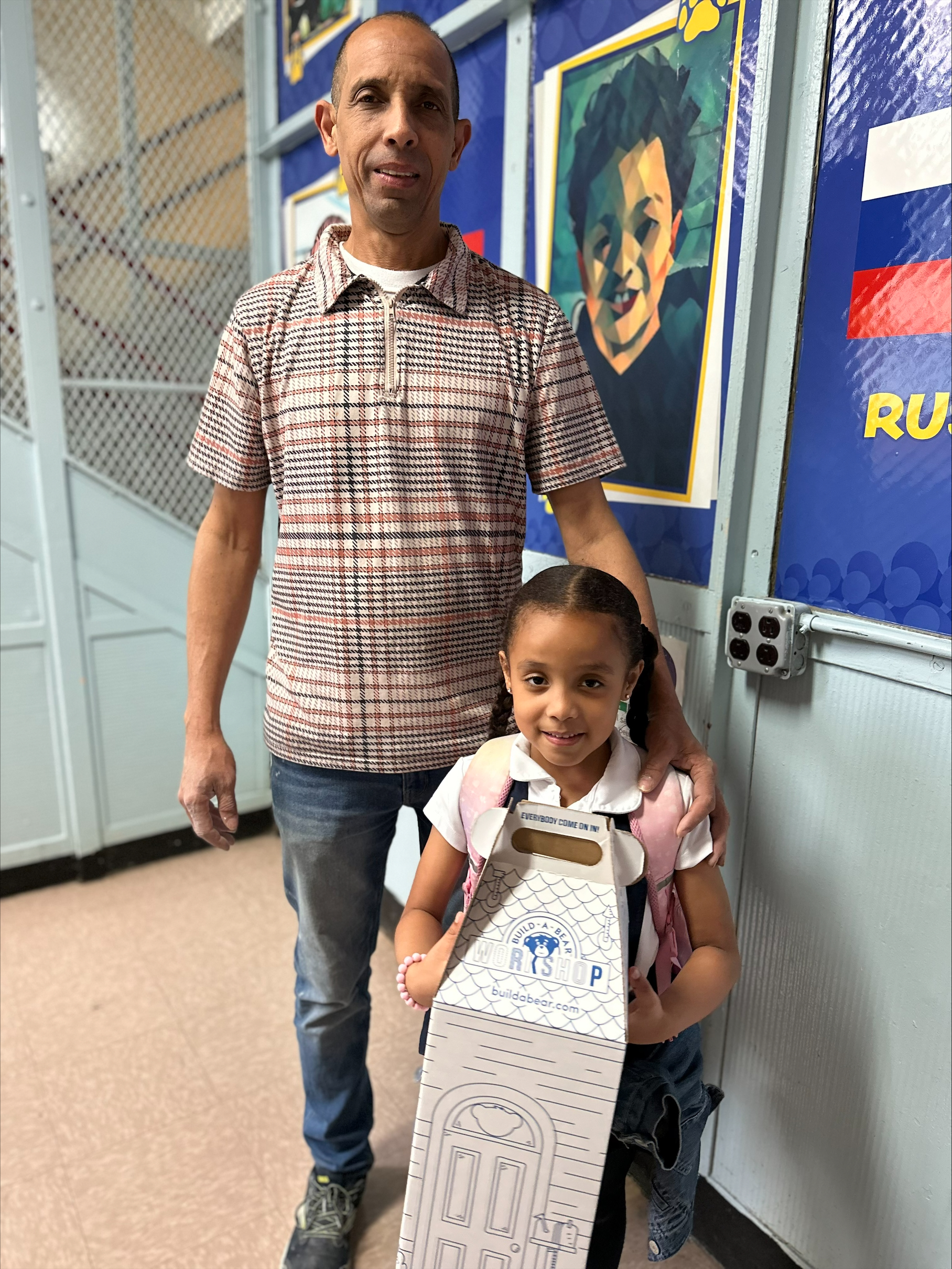
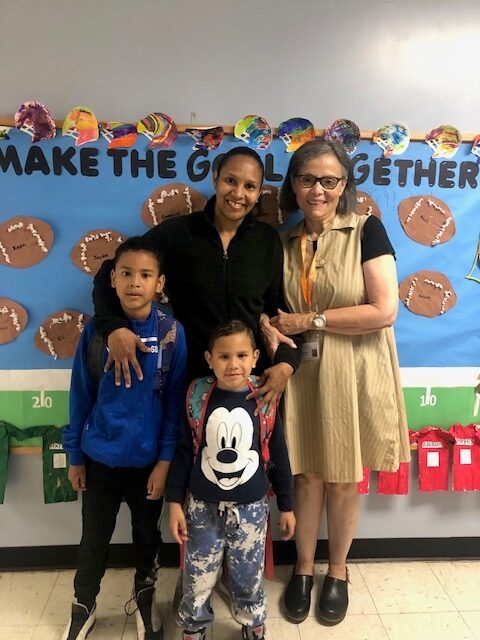

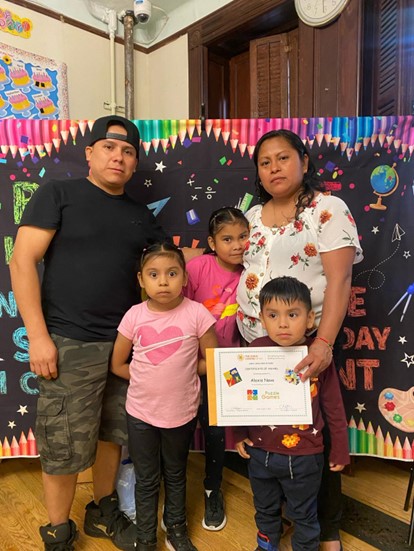

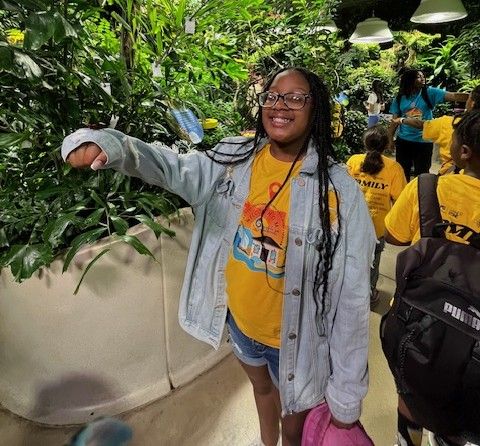
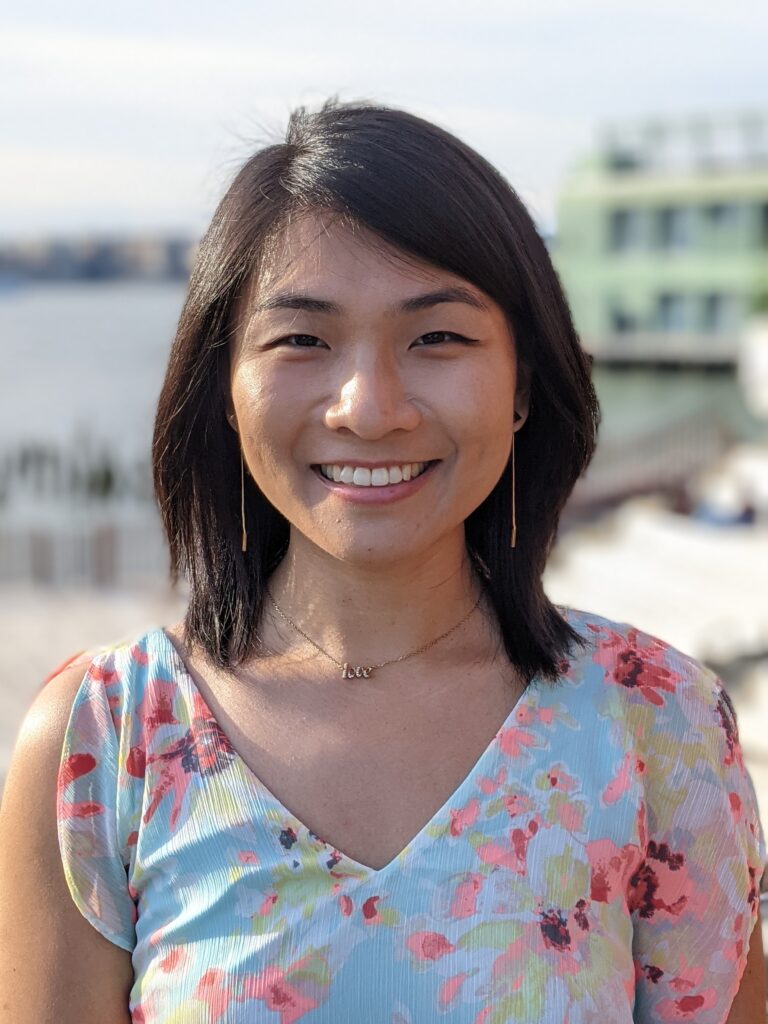
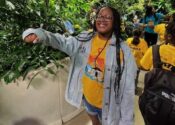



You must be logged in to post a comment.